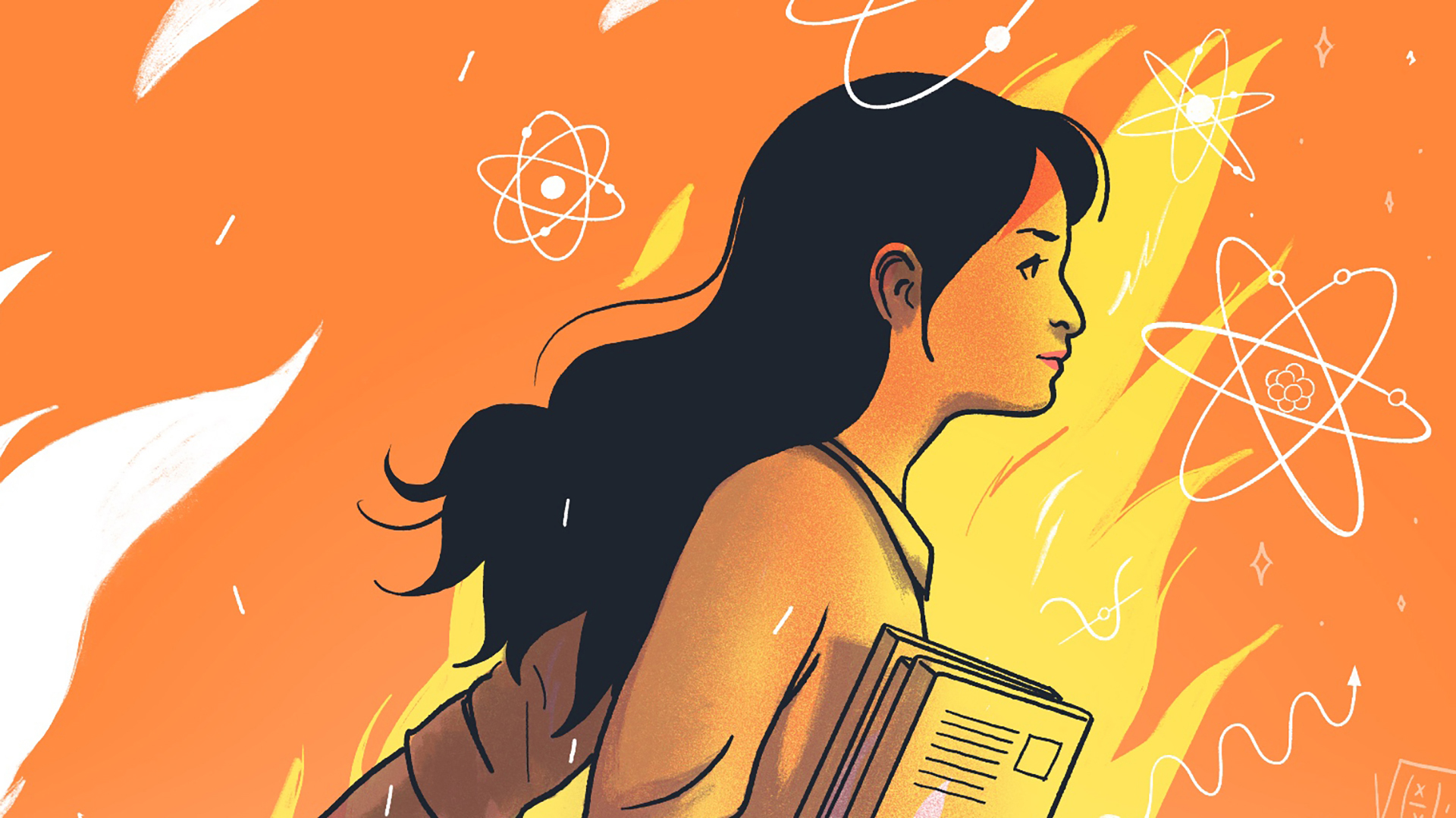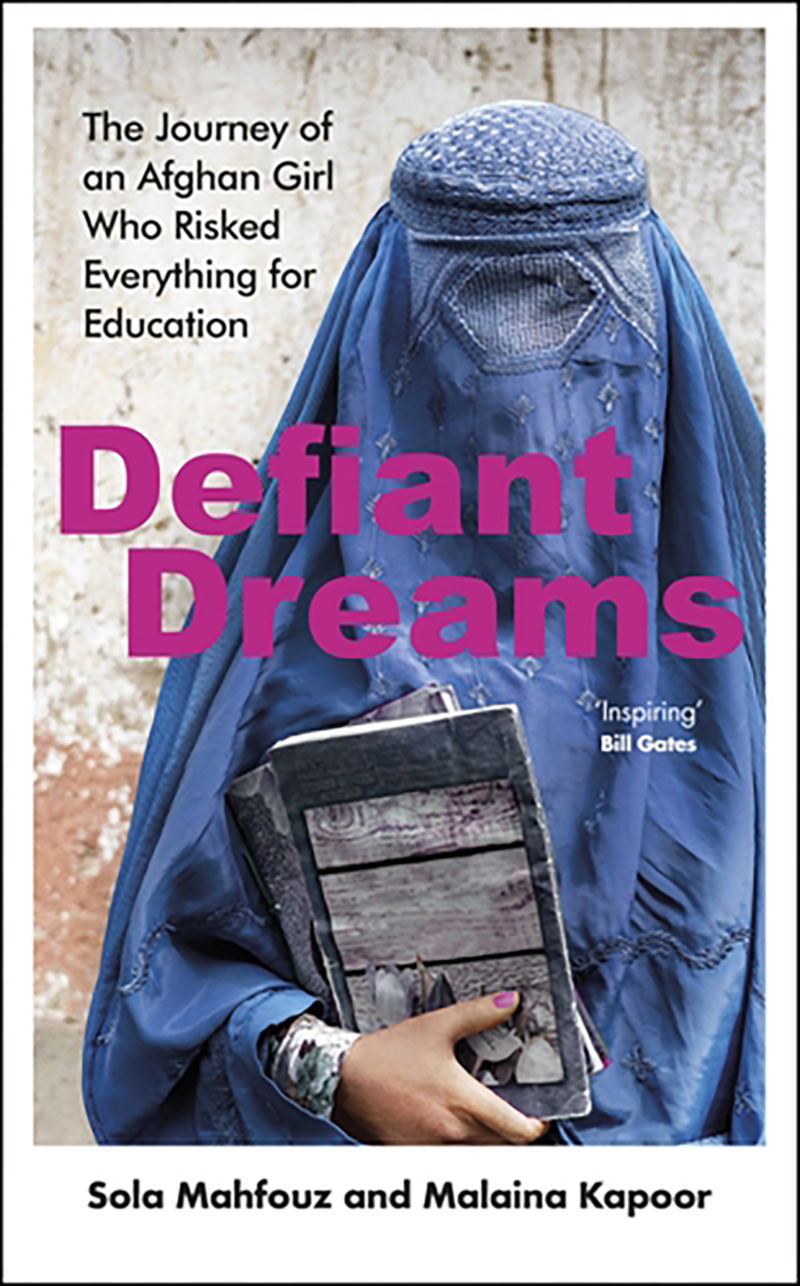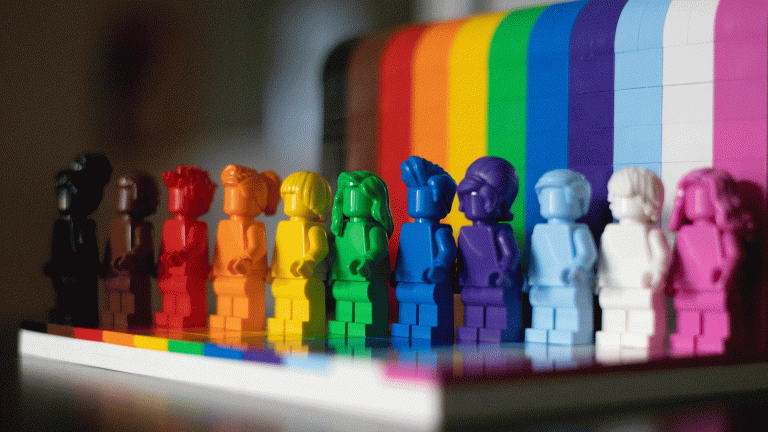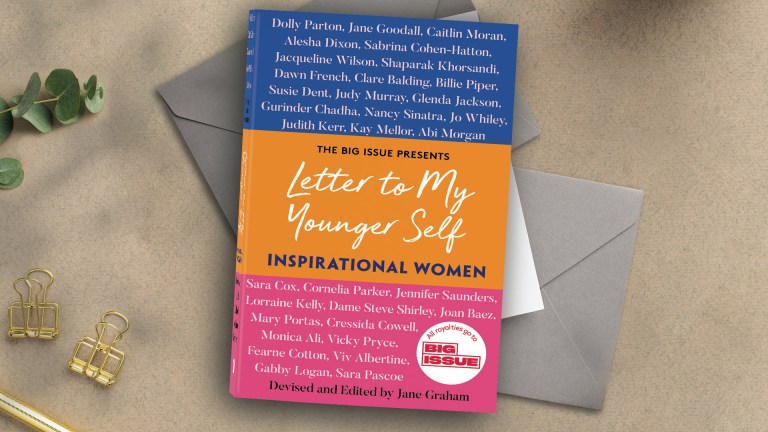Stories of Afghanistan are often fragmented, incomplete and rife with generalisations. In the west, Afghanistan is commonly associated with Cold War politics or the events of 2001 – nothing in between. Headlines about the country can be cold and sterile. Factual reports of people killed or rights violated avoid entirely any emotion and empathy. And so a narrative grows that life as an Afghan has always meant war and victimhood. That Afghanistan is a place dramatically distant and different from the rest of the world. At some point, it becomes easier just to turn away and never start to care.
We hope that Defiant Dreams begins to shatter these depictions and assumptions. From the first time we met, our shared goal was to tell a fuller picture of Afghanistan, coloured by the deeply personal experiences of Sola and her family. In the book, stories of violence are punctuated by the personal: a brother who went out for bread and almost didn’t return home because of a massive bombing; a young nephew unable to eat as the political future of his country suddenly reached a devastating inflection point.
Get the latest news and insight into how the Big Issue magazine is made by signing up for the Inside Big Issue newsletter
We write about the experiences of Sola’s mother, whose own life story shines a light on a different Afghanistan, one where women and girls were afforded more freedoms. Sola’s mother was a student and then a professor at Kabul University, free to dress in skirts and to wear her hair uncovered. It was only after the Afghan civil war that she saw her liberties curbed – for the first time she only left the house covered in a burqa. We write about Sola’s female relatives who could only escape the country through arranged marriage – marriages that often took place when they were only 16. We describe the moments when the young people in her family began to really understand Afghanistan’s place in the world, to understand how much more hardship and restriction they endured than people in the US or UK.
We also depict the beauty and lightness that can characterise life in Afghanistan – the food, fashion and opulent weddings. We write scenes from Sola’s life about the humour she and her family managed to find in moments of violence, how jokes about bombs or attacks eventually, like the war they reference, became part of the Afghan experience.
- Afghanistan: What can I do?
- ‘Don’t forget Afghanistan’: The kite festival with a message
- Women and LGBTQ+ people in Afghanistan are still waiting for the UK refugees scheme to open
At its heart, Defiant Dreams is about Sola’s life, and her story is one of the most compelling examples of the individualism and determination that is often missing from media coverage of Afghanistan. When Sola was 11, a group of men came to her door and threatened to throw acid in her face – or worse – if she continued her education. So from that moment on she was confined to the home, trapped within its walls as her brothers continued going to school and living freely. Eventually she only left home a handful of times a year, wrapped in a burqa that concealed her entire body from the rest of the world.










